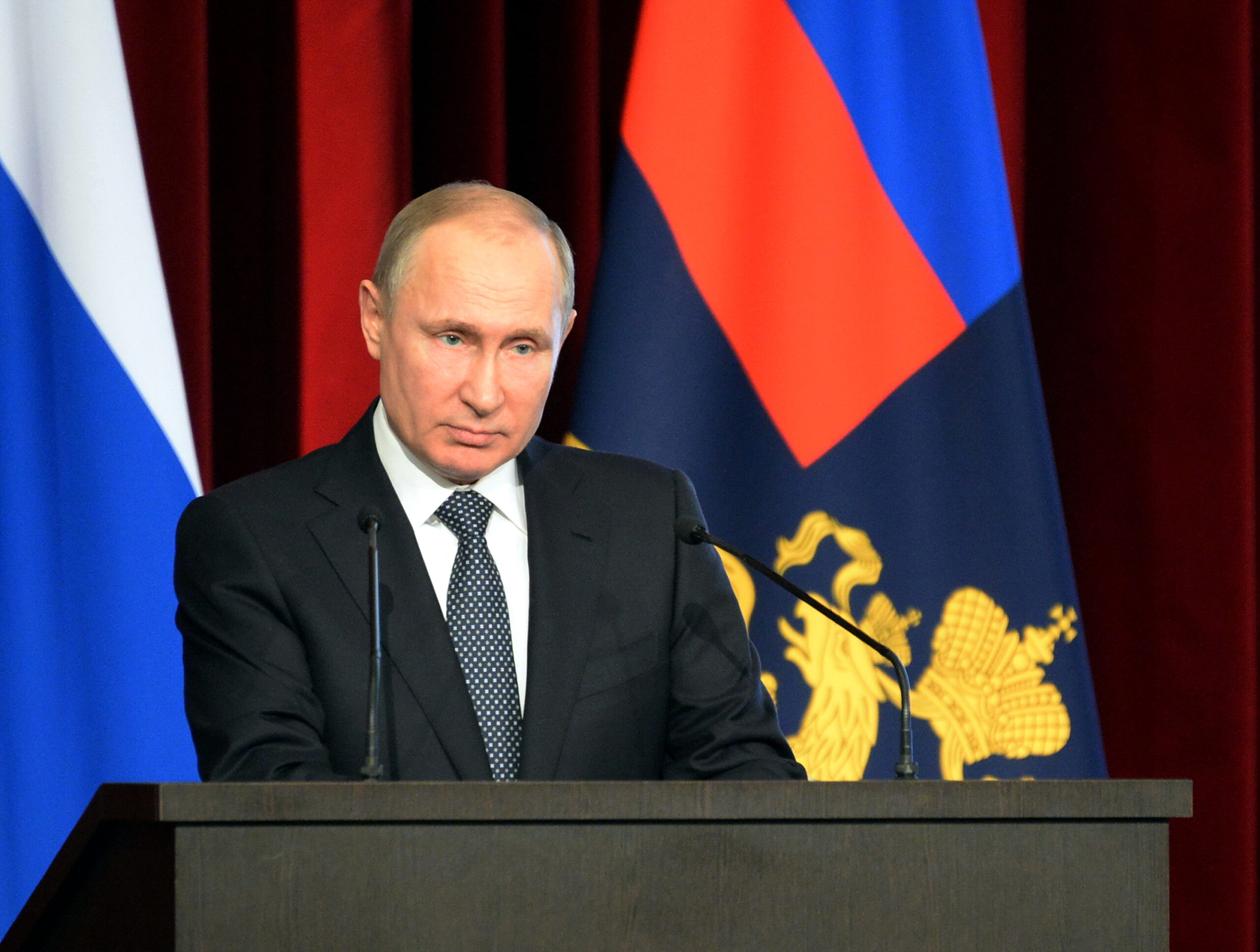Russia Is a Problem Child in International Relations
Is Russia a threat to the United States? Many policymakers and pundits certainly seem to believe so. Last month, President Joe Biden labeled Russian President Vladimir Putin a “killer.” Pundits and analysts make similar claims, warning of Moscow’s eagerness to “act as an anti-U.S. spoiler at every opportunity,” declaring Russia’s “threat to the United States and its interests in Europe,” and cautioning that Russia is “globally resurgent in ways that we can’t afford to dismiss.” That Russian agents were responsible for the recent SolarWinds hack and influence operations around the last two presidential elections only underscores the problem. Russia, it seems, is wedded to challenging the U.S. both at home and abroad.
But the conventional wisdom is wrong: Although any state with a lot of nuclear weapons is a potential threat, the Russian challenge is overblown. To be sure, Russia is a destabilizing force in Europe and the Middle East, led by a government with a horrible civil liberties and human rights record. Nevertheless, these issues do not require the U.S. to treat Russia as an adversary or a threat to core American interests. Instead, Russia is a problem child in international relations that can, and should, be coolly managed.
The case for Russia as a threat is overhyped by hawks and threat inflators. Outside the nuclear realm (addressed below), Russia’s military might is a shadow of the USSR’s. Although capable of generating impressive military power close to its border, Europe has an array of capable regional actors, such as Germany, who are capable of checking Moscow’s strength. Russia simply lacks the wherewithal to upset Europe’s balance of power, much less conquer the continent. This situation is cold comfort to the Eastern European members of NATO proximate to Russia. Nevertheless, the vulnerability of states such as Lithuania and Estonia is fundamentally geographic—they would be threatened even if Russia were militarily denuded—and, in any case, that vulnerability does not seriously imperil Washington’s interest in a stable European balance of power.
A similar point applies to Russian intervention in states along its borders, such as Georgia and Ukraine. For sure, Russian actions have led to death and destruction. The relationship of these actions to American interests, however, is unclear. Far from premeditated aggrandizement, Russian intervention is best understood as a response to events on the ground. After all, Moscow has long asserted Georgia and Ukraine to be central to its security, and only intervened militarily when the EU and NATO looked ready to bring the states into their orbit.
Read the full article in Newsweek.
